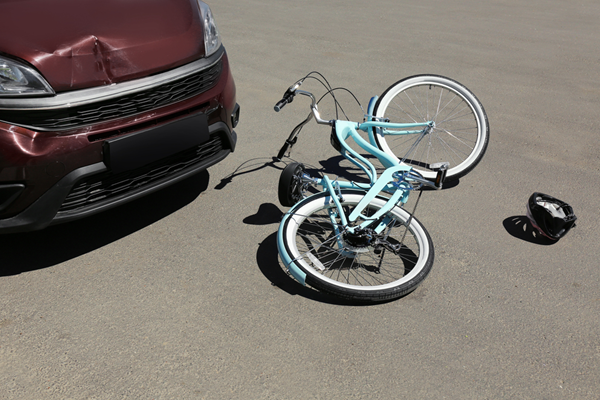When you are in an automobile accident, in most instances deciphering the details is pretty straightforward. When a car hits another car, determining who is at fault is often relatively easy. If both cars are insured, then whoever is at fault has to pay for any resulting damages or injuries. However, accidents that involve things other than just automobiles, can quickly get pretty complex, and both parties could be left trying to figure out who is at fault and if their insurance coverage will cover the damages or injuries.
Not all things that happen in car accidents are covered through basic car insurance. Each state has their own mandatory minimum coverage requirements, but there are three other types of car accidents that can fall outside of someone’s coverage. If you are unaware of them or underinsured in any of these three areas, you may find yourself liable without any insurance coverage to handle the cost. These accident types that you should beware of are those involving rental liability, any accident that involves a domestic animal, and bicycle or pedestrian accidents.
According to a Baltimore car accident attorney, in most states, when you lease or rent a car your auto insurance will extend to that car. But that coverage depends on the specifications of your individual policy. Due to a federal law called the Graves Amendment, operators and owners of leased and rented vehicles cannot be held liable when someone gets into an accident, even though they are the owners. Unlike other situations like where you lend your car to someone who is in an accident, vicarious liability does not apply to rental cars.
Most rental companies will offer insurance to cover you if you are in an accident. Before you decline it assuming that your own insurance policy will cover you, it is always best either to contact your carrier or review your policy to make sure there aren’t any exceptions.
When a pedestrian or a bicyclist is involved
In most states when a pedestrian or bicyclist is hit, there is a presumption that the driver is at fault for not taking the necessary care to ensure their safety. However, there are instances when that rule does not apply. If the pedestrian or bicyclist was doing something that can be considered negligent, they may bear contributory negligence towards the accident.
For instance, if a bicyclist is on the road after dark and does not have reflective strips, there is no way that a driver could have foreseen the accident or avoided it. Therefore, the bicyclist would be held partially responsible for the accident. Accidents involving pedestrians and bicyclists are usually decided depending on reasonable care. Reasonable care is a legal term defined as the actions that any reasonable person would have taken in the same situation. It’s a mental construct that has nothing to do with the individuals who were actually involved in the accident; rather, it is based on what any reasonable person would have done, or could or should have foreseen.
When you hit a domestic animal
When a driver hits a domestic animal, the presumption of guilt is almost always on the animal’s owner for not taking reasonable care to ensure their animal’s safety — for example, not having the animal leashed. If, however, there is evidence that the driver caused the accident through their own negligence, then the animal’s owner may be able to sue in court for medical care. What they cannot recover are things like pain and suffering or emotional distress. Noneconomic damages are not included in domestic animal accidents.
If you hit a nondomestic animal such as a deer, then you would be at fault. The only exception is if you didn’t swerve or move because it would have injured another person or vehicle. Then you would not be at faul
Car accidents involving two cars are usually pretty straightforward. When there are other things like pedestrians, bicyclists, or animals involved, things can get really complicated really quickly. Make sure to check your policy to know where you might have any lapses in your coverage, to ensure that you aren’t left liable without insurance in an accident.







